Tagged with facebook
We're all pretty new to all this social networking malarkey, where an unprecedented amount of personal amount of information about our lives is readily available to see on the Internet by our friends, employers, in some cases even strangers.
And it's this information that has led to a whole host of new and different ways we can inadvertently land ourselves in trouble. We're not talking about being the victim of scams or Internet crime, which is another subject in itself... but here we discuss getting ourselves into trouble with the people we share our lives with.
There are a number of reasons that educators use social media. Most often, we talk about its potential impact on student engagement and learning, educator professional growth and family communications. We speak less frequently about another important use: Marketing and public relations.
Before you post that video, meme, or selfie on Facebook (or Twitter, or Instagram, or Tumblr, and let's consider avoiding Snapchat completely), ask yourself whether it fits one or more of the criteria outlined below. Because nobody ever regretted not uploading something for the entire world to see, and you may well save yourself a load of grief down the line.
Put a plan in place, get senior managers on board and be ready to listen – how schools can successfully use social media
If you think your messages to your Facebook friends are private, think again. The social network announced that it has plans to look at your personal conversations as a way to make more profits from targeted advertising.
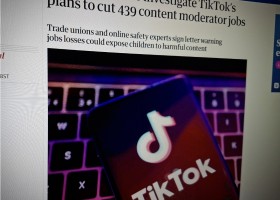
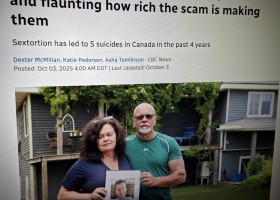
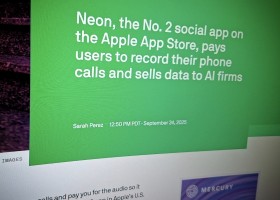
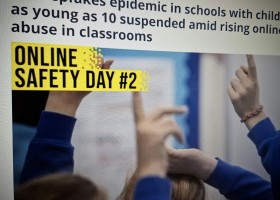
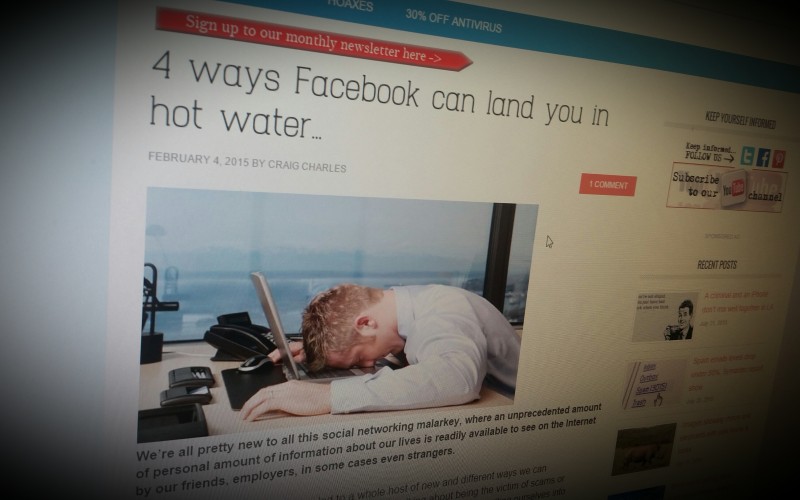
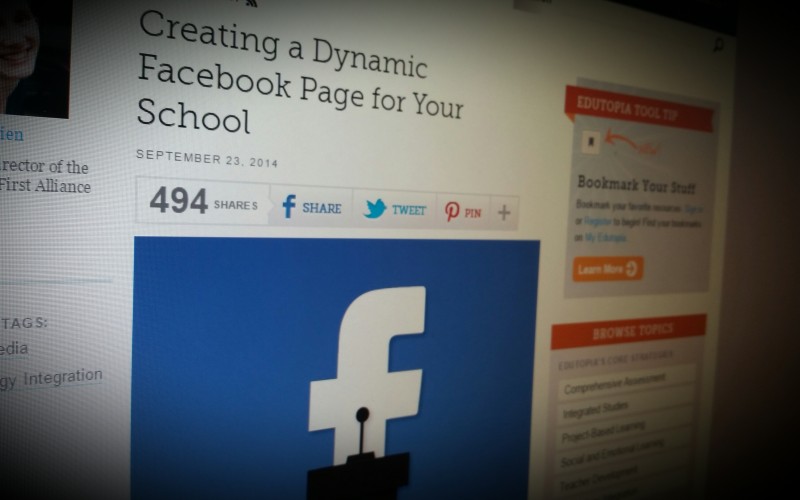
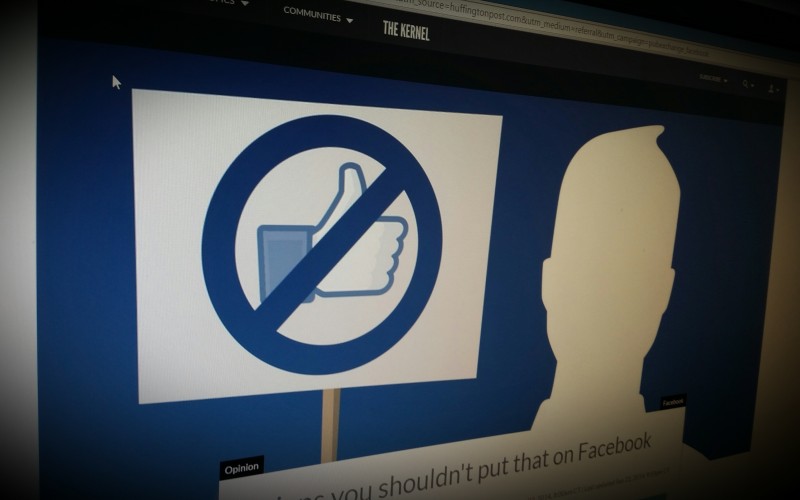
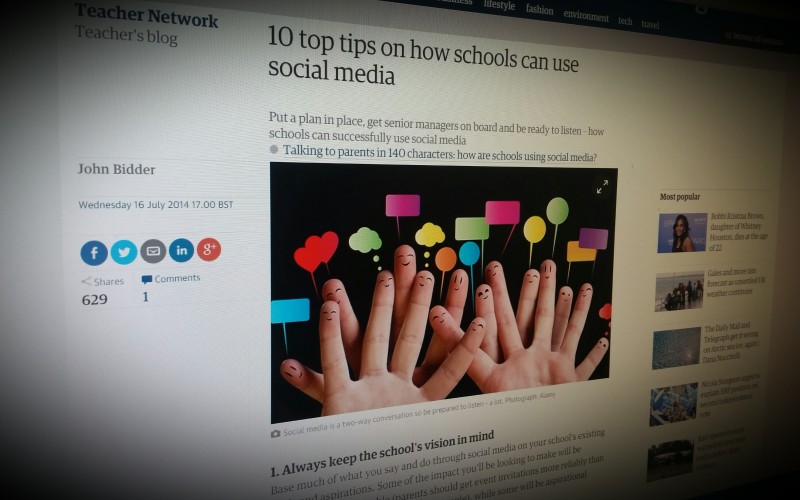
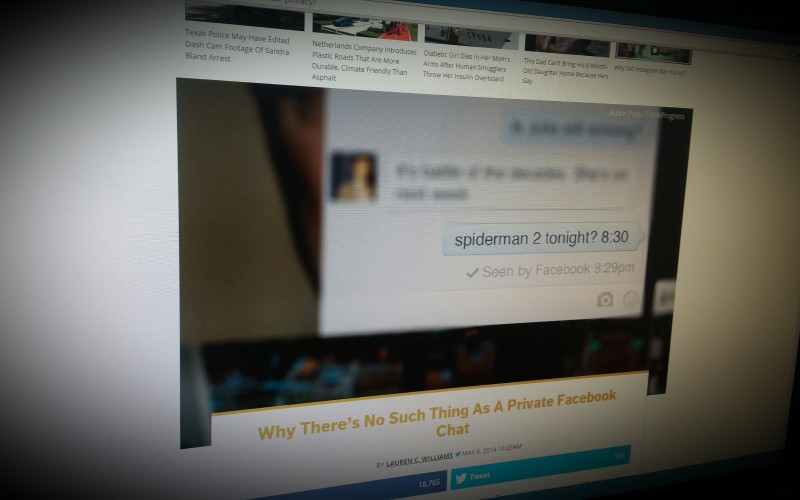
Comments
make a comment